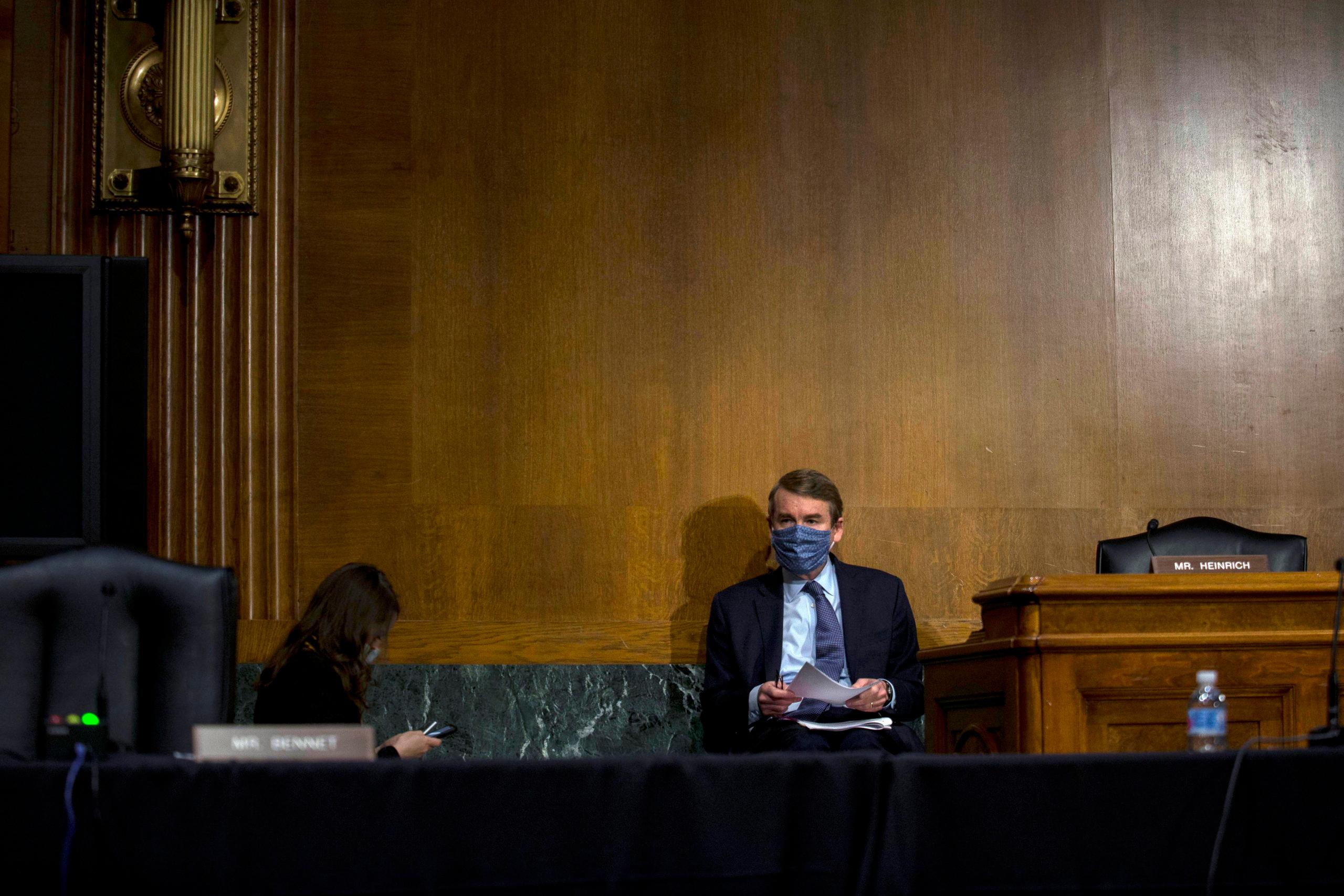
In a sign of how wide a gulf remains between negotiators, Senators left the U.S. Capitol Thursday without a deal on a new coronavirus relief package.
Senate Leader Mitch McConnell said he would not adjourn the chamber for the August recess, as scheduled. But with no timeline for a vote on a package, most Senators, like their House colleagues, will wait out the negotiations at home.
“The Senate will continue to fight for bipartisan relief for workers and continued unemployment assistance, which I support,” Colorado Republican Sen. Cory Gardner said in a statement. “Senator Schumer rejected extended unemployment benefits and I urge him to change his mind and help those who need it most.”
One of the main points of contention between Democrats and Republicans is the size and scope of this next and likely final coronavirus relief package before the election. Democrats have rejected a piece-meal approach and want to pass a large package tackling a host of issues. Republicans want a much smaller and targeted proposal.
While Republicans were unified in laying blame for the lack of progress at the feet of Democratic leadership, Colorado Democratic Sen. Michael Bennet noted that McConnell had over two months to negotiate a deal. He called the situation “unconscionable.”
“[McConnell] has chosen to play politics, and now, through no fault of their own, hundreds of thousands of Coloradans are wondering how they will pay their rent or mortgage, put food on the table, and care for their families as we continue to face the worst public health crisis in a century,” Bennet said.
The extra $600 a week in unemployment benefits Congress approved in the spring expired last week. Colorado’s Department of Labor and Employment said the total payouts to Coloradans from that program equal $2.33 billion. At the end of July, 310,912 Coloradans were receiving unemployment assistance.
The House passed another relief package in May, while McConnell called for a “pause” to see how well the money the federal government spent through the CARES Act worked.
Republican Sen. Susan Collins of Maine, who faces a tough reelection race this November, acknowledged disagreements among those on her side of the aisle, including over additional state and local aid and unemployment insurance. “Those are two major things that are holding up negotiations and to me they are very solvable,” she said. Collins is hopeful a deal will come together over the weekend, with a vote next week. And fellow GOP Sen. Mitt Romney of Utah said they will have daily calls with White House negotiators on how talks are progressing.
Unlike Republicans, Democrats have been unified in their stance for what should be included in the next bill.
Bennet said he wants a deal done “now.” One that extends the expanded federal unemployment benefit, creates a ‘health force’ to help testing and contract tracing, provides additional state and local aid, and “offers sustained support to the hardest-hit small businesses through this year and into early next year.”
Democrats have been holding daily talks with White House negotiators for almost a week.
President Donald Trump said that if talks stall he will use executive orders to extend unemployment insurance, a moratorium on evictions and to institute a payroll tax cut.
Democrats questioned if he can actually take those unilateral actions, in particular the payroll tax cut and the unemployment benefit. They argue that Congress is the branch of government with the authority to appropriate funds.
The federal moratorium on evictions and unemployment benefits expired in the last two weeks. This weekend, Congress’ main vehicle for helping small businesses, the Paycheck Protection Program, will expire.









